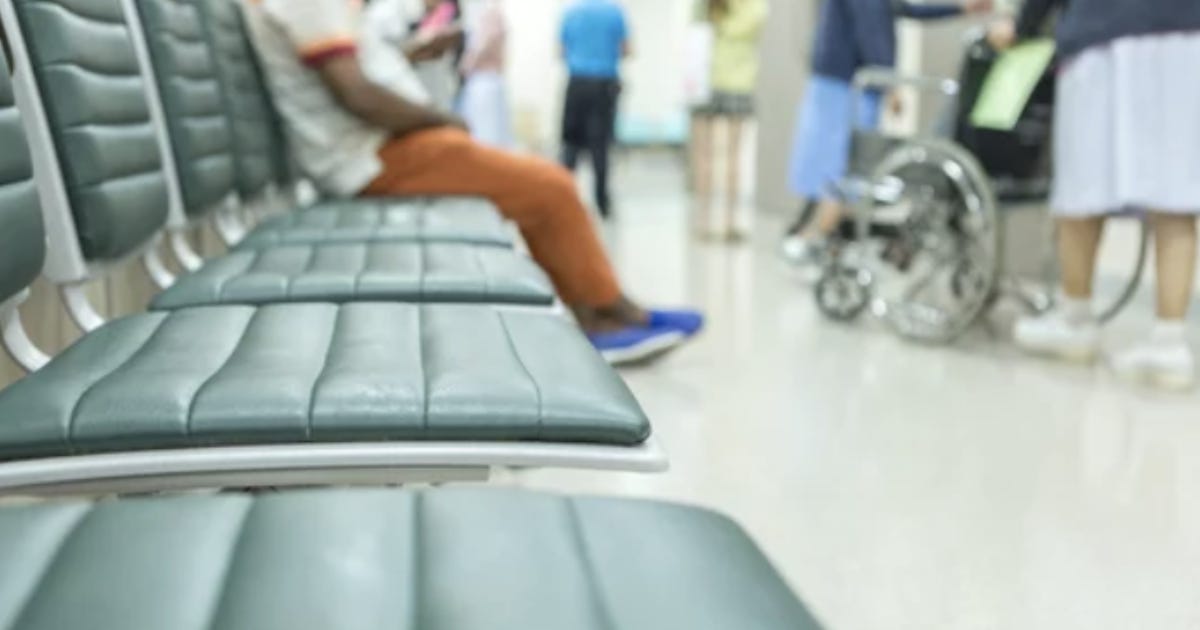Over 400K Quebec patients walked out of ERs untreated last year
The wait in Quebec's emergency rooms has become so long that nearly half a million people walked out last year without ever seeing a doctor, a Montreal think tank reports.
The wait in Quebec's emergency rooms has become so long that nearly half a million people walked out last year without ever seeing a doctor, a Montreal think tank reports.
A Montreal Economic Institute study released Thursday found the problem has worsened, up 8.8 per cent since 2019.
“These patients are not leaving because they feel better, but because the system is failing them,” said MEI economist and author of the report Emmanuelle B. Faubert. “Thousands of Quebecers are being denied access to care each year.”
Nearly half a million patients left Quebec emergency rooms untreated last year, representing 11.6 per cent of all visits in 2024. The province recorded more than 3.7 million ER visits, with 428,676 patients leaving before treatment due to long wait times. Quebec's rate is significantly higher than the national average of 7.8 per cent.
“The situation has also deteriorated considerably over the past five years across the country. In certain cases, the ratio has nearly doubled: in Alberta, for example, it increased by 77 per cent; in Newfoundland and Labrador, by 94 per cent; and in Manitoba, by 88 per cent,” reads the report.
“Even in Ontario, the province with the lowest ratio in 2024, the situation nonetheless worsened by 35.6 per cent between 2019 and 2024.”
The majority of patients who left a Quebec emergency room untreated were classified as semi-urgent (P4) or non-urgent (P5) cases.
These low-priority patients face the longest ER waits, revealing a major problem with Canadians' lack of access to primary care. Prolonged wait times also lead to delayed treatment, and sometimes patients forgo treatment altogether, further complicating their ailments.
The MEI report recommends increasing access to upstream care by expanding the use of specialized nurse practitioner clinics and granting the broadest scope of practice to pharmacists. The report also called for non-governmental Immediate Care Medical Centres, which could treat non-life-threatening emergencies, based on the model used in France.
“Solving the crisis in primary care is essential if we want to keep patients from continuing to fall through the cracks,” said Faubert. “Policymakers must find the political courage to open up healthcare delivery to independent and alternative providers, or else this crisis is bound to get worse.”



Sorry, but if you're well enough to find waiting for treatment in the ER more troublesome than the issue that brought you there, you probably shouldn't be there in the first place. There, I said it. There are exceptions, of course, like that poor kid who died in, was it, Toronto a while back, but as a general rule, let's leave ERs for real emergencies.
Wonder what the numbers are in Doug Fraud's OntArWeOwe?